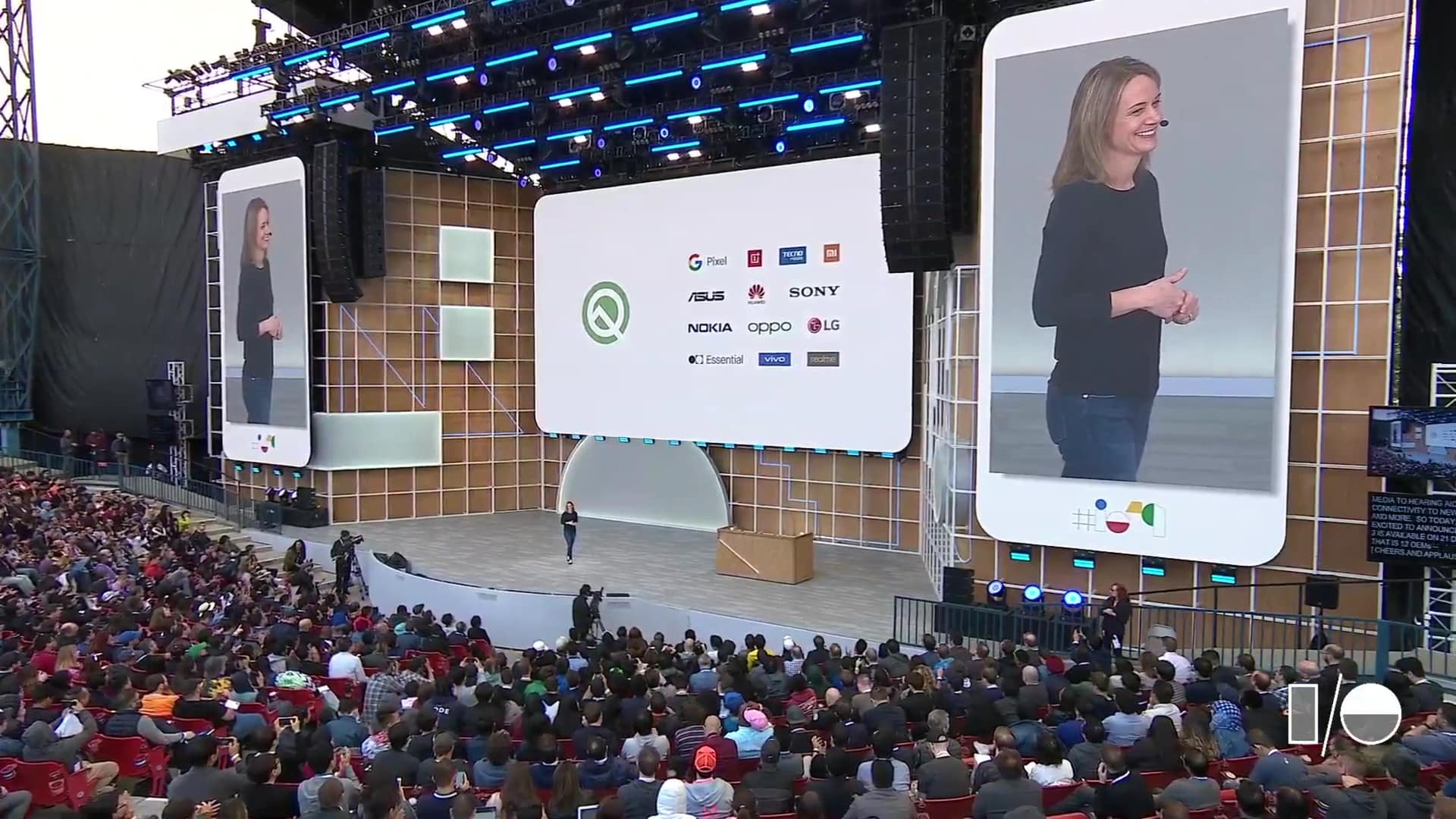Affiliate links on Android Authority may earn us a commission. Learn more.
Android Q will let apps, games take action when your phone gets too hot
Published onMay 8, 2019

Smartphone processors have made amazing progress over the years, but they still heat up and consume loads of juice when running advanced tasks. Google is taking action in Android Q though, thanks to a so-called Thermal API.
Apps and games can use this API to take relevant measures when they detect that a device’s temperature is too high, Google notes on its developer website.
“For example, streaming apps could reduce resolution/bit rate or network traffic, a camera app could disable flash or intensive image enhancement, a game could reduce frame rate or polygon tesselation, a media app could reduce speaker volume, and a maps app could turn off GPS,” the company wrote.
This is a pretty handy way of tackling temperature control on Android, as opposed to simply closing the apps or dealing with reduced performance/battery life.

It’s not the first time we’ve seen dynamic resolution and reduced frame rates in apps or games; this is common in video games to improve overall performance during busy moments. We’ve also seen camera apps disable the flash when the battery is critically low. But the ability for an app to turn off sensors or reduce volume in the name of temperature management seems unique.
The Android platform-holder has also revealed classifications for throttling as a result of the new API. This ranges from “none” and “light,” all the way to “emergency” and “shutdown.”
Google says the Thermal API requires a new device HAL layer, with Pixel phones on Android Q meeting this requirement. The company adds that it’s working with manufacturers to bring support to other devices as quickly as possible.
NEXT: Google brings Smart Reply to all messaging apps in Android Q